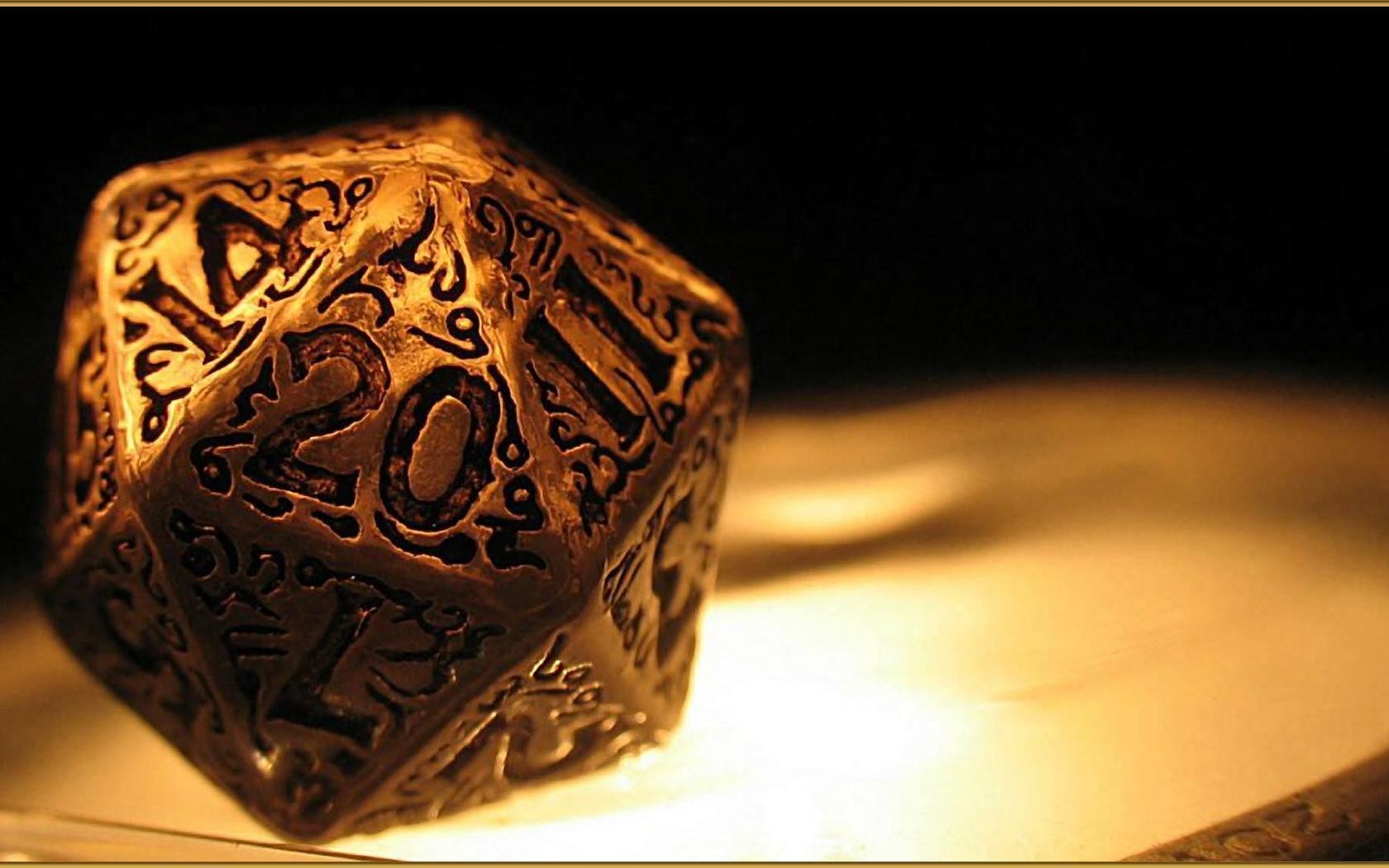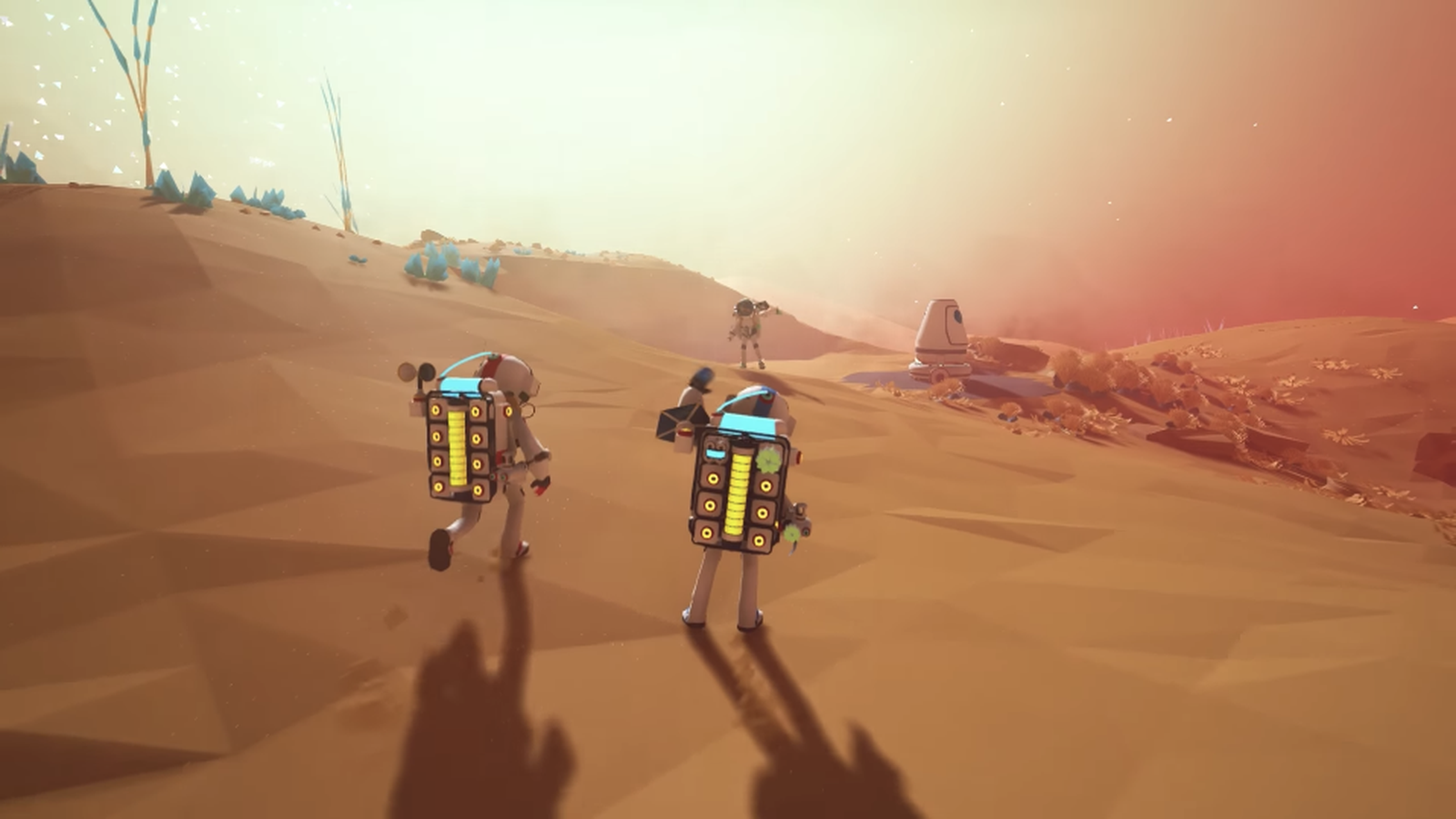“Online” is the God of All Gaming. Playing alone or with a couple of friends in the same room is passe. Nobody really does it any more.
It seems it was long time ago. A bunch of friends spending hours on end playing RPG games, sitting around the table with the box of cold pizza. Excited about the story, listening to the Game Master, they were completely engaged in the worlds only visible to them and their imaginations.
It was the Age of the Dice
The dice were everything, deciding every second of life and every potential death of its players. There were no re-spawns or second rounds. Wizards killed by Manticore were dead for a game’s eternity.
How exciting it was, and what a truly real experience it was for all the players. Sadly, it’s now forgotten — except for a bunch of nerds still playing somewhere away from the online civilization — like the young heroes of Stranger Things, a series on Netflix.
With time and civilisations expansion, table and dice was replaced by technology. RPG maniacs evolved.
It was the Age of the LAN Party
The dice was replaced by the zero or one code of the computer processor but still (regardless being hidden behind low resolution monitors) Wizards and Sorcerers were feasting on the same cold pizza, sitting in the same room wrapped in LAN wires.
The principle did not change — it was all about the team effort given to win the game. There was still some sort of Game Master throwing the dice, although right now his fantasy and creativity was measured in bytes.
From social point of view this was very similar to classic RPG evenings and nights. To win, players needed to communicate and use the imagination as the graphics was not the strongest feature of the computers of late nineties.
It seems that the most legendary title amongst RPGs played on LAN was Diablo II — truly classic fantasy story which was mostly testing micro switches of the mice used by players. Chopping with sword or axe was the main activity although thanks to playability through LAN network, it was given the true excitement of team-based RPGs. What is probably even more important is it was designed to lead players right to teamwork.
It seems that whole purpose of classic RPG is to build up situations testing cooperative play skills more than so popular lately competition.
Regardless of overall popularity Diablo II, the RPG LAN genre wasn’t destined for a bright future in computer gaming.
According to the database of LAN games available on the market — between 1998 and 2016 — only 21 RPG game titles were released with the option of LAN party.
Apart of Diablo II it is worth to notice Baldur’s Gate (1998), Baldur’s Gate II (2000) and Torchlight 2 (2012). The newest title, only one released in 2016 , Grim Down is available on Steam and has very positive opinions from players.
In overall though, LAN Party RPG is the melody of the past like table top RPG’s of early eighties.
What rules the world now is much more worldwide.
It is the Age of Online MMORPG
Globalisation is everywhere — also in the gaming world. No wonder that small LAN Parties suddenly became massive and online, transforming classic RPG idea into the MMORPG.
One could ask: so what? It is still about team based play.
Yes, it is. In principle. But certainly a modern MMORPG has much less connection with the rolling dice of classic RPGs. What modern MMO based RPGs are actually missing is this cold pizza being eaten by the members of the same team; Wizard, Swordsman, Archer, and Spy. Everyone sitting in the same room and exchanging energy of their own fantasy. What modern MMORPGs are also missing is the spontaneous ability of people to get together and find solutions to the problems. Modern games almost heavily moderate reality — they don’t allow enough space for team play by leading players exactly where the game wants them to be.
Of course we are still deciding where to go, which quest to take. Of course we are the ones creating clans, corporations and factions. But we are not the ones who are throwing the dice!
Perhaps MMORPGs are team based. Many games do have very big teams playing; like in Star Wars The Old Republic, where the teams can even have a hundred players.
There is no direct connection though which is part of what makes RPG ruled by dice so specific.
While communities of players are bigger and bigger, actual person to person connection and cooperation are not so important any more.
Tabletop RPGs really allow us to build our own charactors and stories, where the MMO took the ability to to mould an RPGs reality according to our fantasy and imagination. We are more the followers than creators now, which we were when the dice was in use.
Competition, economy, politics and influence. These replaced Game Master and the dice. We are waiting for what is going to happen and all the while are barely ever creating more than un-significant micro connections in modern RPGs.
Of course like with everything else — it all depends on people. There are very good teams in every known MMO game, bringing back the feeling of proper team based play. Lore is finally being used for the actual creation of worlds, with background stories giving the feeling of role playing. One of the examples could be lore stories behind Elite: Dangerous or EVE Online which are driving huge communities of players, regardless that in reality both games are not dependant on the RPG behind the main storyline. You can take lore from the main missions, but players will still fly around and do random, or side missions. These games are still MMOs, although their lore does became a bit 2D due to the lack of truly deep background stories.
The good news is that the people playing massive multiplayer titles, deep down, are still the same nerds throwing the dice. They like to see the story behind the algorithm and refuse to follow line of computer systems.
It is also likely that some of them are still keen to bring their computers and put them in the same room to grasp the feeling of classic RPGs, while sharing opinions, food, and drinks. Nowadays seating in the same room is often replaced by communication, channel such as through TeamSpeak or Discord.
Perhaps this is why from time to time, regardless of the overall trend to make everything massive, developers introducing nice examples of the games which can be played by few players.
A very good example is the Astroneer, recently released as an early access game on Steam. Certainly it is not a classic RPG, but this space game is classified as sand box. Thanks to an implemented Co-Op option, it brings back an idea of team based play, with teams of 4 people being able to play.
There is no competition between players, instead they need to cooperate to achieve success — exactly the point of classic team-based games. Astroneer is easy to grasp, and the old feeling of tabletop co-op that there is actually dice is back! Members of the same team of Astroneers can create the future and decide where and how they will go. They can also decide what kind of the reality they will create. It feels like coming back to the core of team-based play, it feels that being part of team matters again. It feels that all depends on us again!
Do you know other titles on the market which could bring an idea of classic RPG based on team play?











Published: Feb 10, 2017 03:16 pm